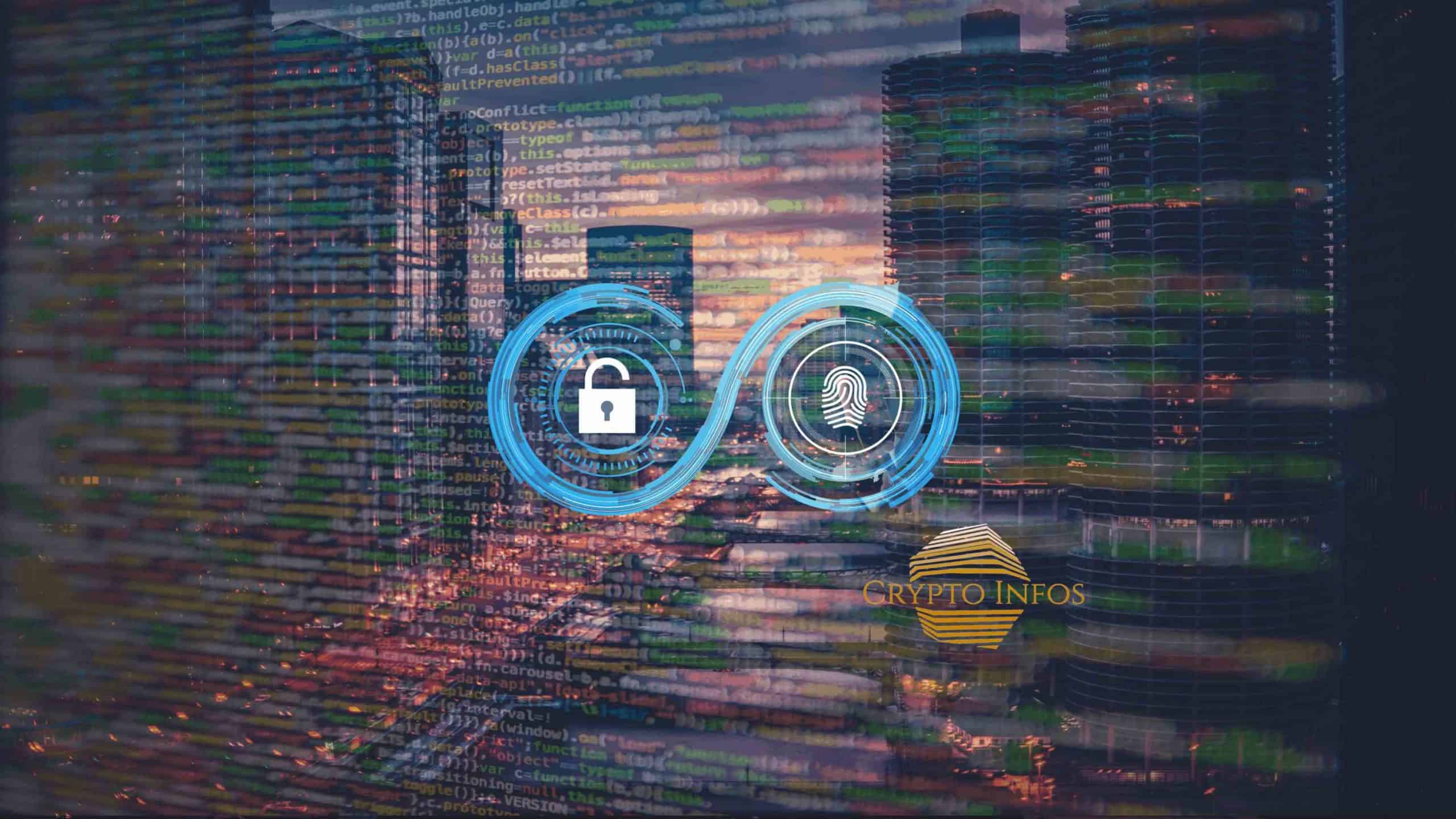The purpose of this article is to explore the Blockchain Technological Foundations for the Agro-food sector and to review recent initiatives in this industry in Japan.
Blockchain technologies guarantee a safe environment where each of the chain members can access data. The same data which, after being verified, can’t be modified without unanimous agreement.
Up to speed with this global phenomenon, many companies have already been testing out this technology, only to have realized its promising impacts in many industries. The agro-food industry, and specifically the food industry in particular, is ready to realize economically feasible routes that can build consumer trust and transparency, as well as tackle food fraud.
Integrated with the IoT, Blockchain technology is able to accomplish these things, as opposed to food processors, government bodies and all the supply chain participants, who must work to find an implementation plan.
Consequently, IT experts should be just as involved in this technological movement to make it more accessible.
Agro-food Fraud and the Growing Need for More Transparency
The hard-hitting theme of environmental sustainability and food waste embraces numerous aspects of our economic and social lives, including agro-food businesses and, ultimately, consumers.
Food safety is a particularly contemporary topic that is double knotted with the sourcing of raw materials, the quality of the manufacturing processes, delivering and retail distribution.
Therefore, the food supply chain is imprinted by many different participants who contribute to each step of the production, from farmers to manufacturers, government agencies to distributors, and finally, retailers. Each of them holds important information about the product they are dealing with, and thus, have a monopoly over them.
What counts is what is indicated on the label: As information is passed amongst each other, an attempt to cheat or even an incorrect title may very well go unnoticed.
Accordingly, trust, provenance and traceability will be the keywords of our reasoning.
IBM Food Sustainability Study 2020, conducted by Morning Consult and IBM, demonstrated how people wanted to know more about what they were eating. In other words, a cry for transparency.
We can’t forget to mention that Blockchain is where each block (made of a piece of information) is linked to another block that contains a hash of the data inside the previous one. A change in data at any stage will change the hash entirely, causing an effect that would disturb the entire chain- comparable to a genetic mutation.
The security and immutability of the platform that Blockchain offers -where this data can be stored and accessed by every participant in the supply chain- is the solution to the problem.
The Asian Lesson for the Agro-food sector: Emurgo and Sea Food Legacy
Australia and many Asian countries are already in the midst of this food industry Blockchain technological revolution.
Randeep Melhi, Chief Commercial and Chief Operating Officer of the Blockchain app called Emurgo, tried to reinvent the relationship between food consumers and producers. And he made it.
Emurgo connects five hundred Indonesian coffee makers and dozens of thousands of coffee consumers all over Indonesia.
It’s like having a cup of coffee and engaging in a conversation with the coffee producer. How? “Simply scanning a QR code to find out who grew the coffee beans,” Melhi explained.
For example, “I owe you 500 yen, I write this down on a piece of paper and give it to you. Later, you could come to me and say that I actually owed you 400 yen instead”. Melhi drove him his powerful example, “With Blockchain, each piece of information is announced to the entire network and everybody makes a note of it, so no one can actually fake it because anyone can verify who is right or wrong”.
In Japan, Blockchain is already trying to replace cumbersome paperwork, such as the certificate of product authenticity, and its use cases are growing.
Similarly, the sustainable seafood company Seafood Legacy collects and shares information about sea perch caught in Tokyo Bay, helping consumers know what they are purchasing and if it’s coming from am environmentally safe fishery.
“Fishermen have so many stories, and Blockchain helps to track those stories to enable consumers to know more about recipes and other details”, said Shunji Murakami, Vice President of Seafood Legacy.
On one hand, consumers need more awareness of the sustainability challenges of our planet. On the other hand, food organisations need to implement technological solutions to satisfy this growing need.
The big scepticism surrounding Blockchain is partly justified by the novelty of these technologies and the risks of scams.
However, the anonymity is mitigated by the fact that every transaction of the chain can be traced and not altered, largely rejecting these doubts.
Although currently undergoing ambitious development, Blockchain still has a while ahead of it before becoming an effective, safe, and unanimously legitimate practice.
Sources
Blockchain 4 Innovation, Japan Times , New Food Magazine , KPMG
















